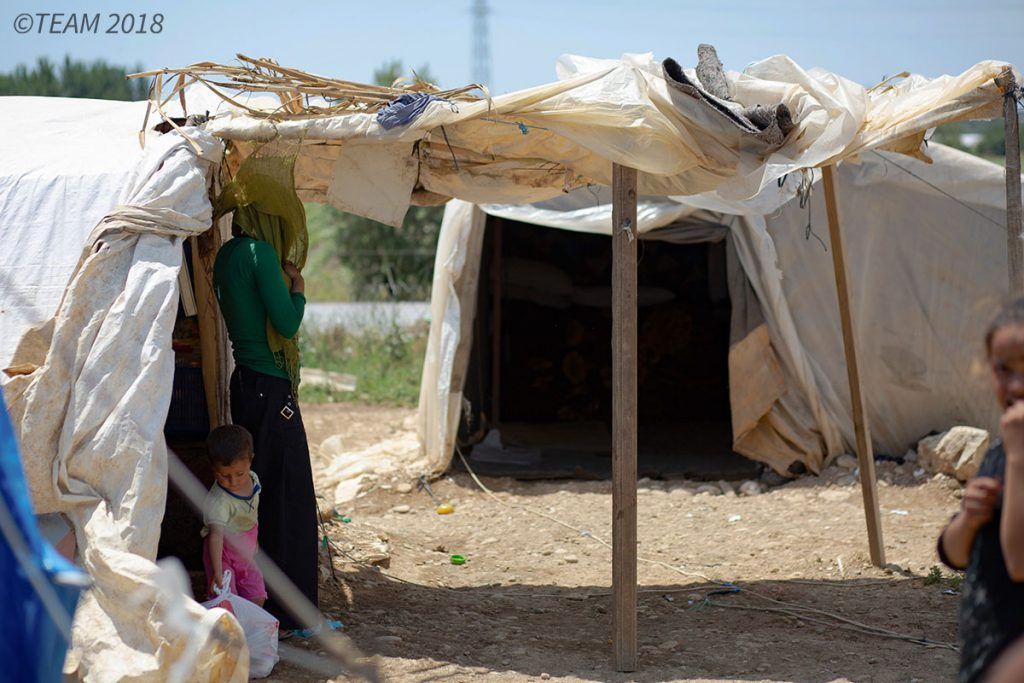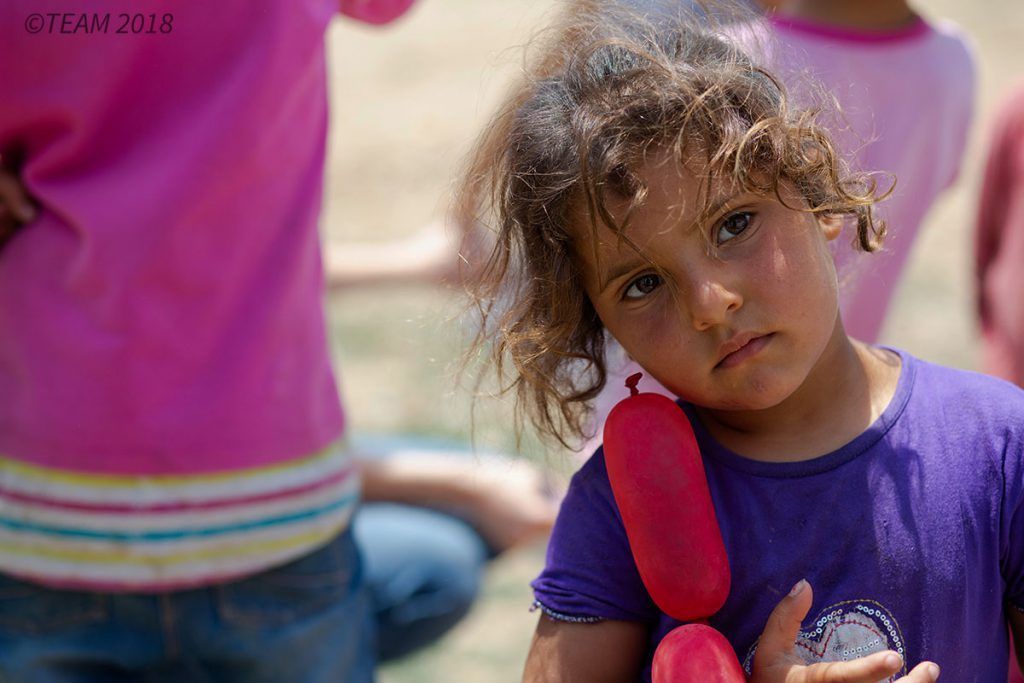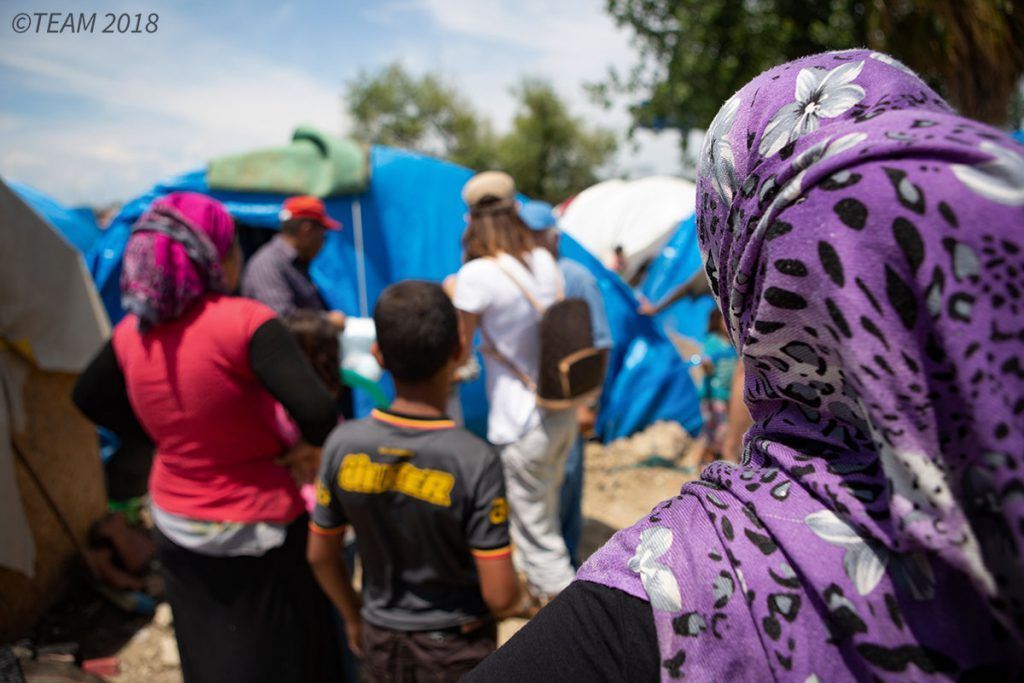Serena knew her family was different, but she didn’t know why. Her family celebrated Christmas, even though no one else did. And they seemed to live by a different set of rules than everyone else.
As Serena grew up, she realized her parents were different because they were Christians in a Muslim society . She accepted Christ when she was 15 years old and started attending her parents’ underground church.
But then the unthinkable happened — their church was discovered. Serena’s parents were able to escape to Austria , but Serena had to stay behind.
For nine months she was in hiding, clinging to the only thing she knew would give her hope — her Bible .
After a grueling nine months, Serena was able to get refugee status in Italy. That’s where she met TEAM missionaries Cindy and Steve. Cindy and Steve helped Serena get plugged into a local church. For the first time, Serena was able to be open about her faith. She could carry her Bible anywhere, she could openly sing songs of praise. To read an interview with Serena, check out this post .
This month, we are praying for missionaries working with refugees. Some of these refugees have fled religious persecution. Others are fleeing war and violence. But all of them desperately need to feel safe — both physically and spiritually. Keep reading to see specific ways you can pray!
Sign up here to get the new Prayer Focus in your inbox each month.
1. Ask God to lead refugees to Christians who will introduce them to Jesus.
The refugee crisis is scattering people from some of the hardest to reach places into new areas where it’s much easier for Christian missionaries to live. That means the unreached people we want to reach are coming right to missionaries! That is something that can only be explained by the hand of God.

Because of what they have lived through, a lot of refugees experience feelings of hopelessness. Missionaries are working to show them the hope that can only be found in Jesus.
This month, Ask God to place a desire on refugees’ hearts to know Him. Pray that He will bring these people to the missionaries He has called to serve them.
2. Pray that child refugees will find the security they need to thrive.
It’s no secret that kids need security, but in the case of refugees, this type of security is usually not possible. Many are forced to drop out of school for years at a time. They’ve lost family members and friends. They’ve seen violence that would leave even adults with PTSD.

Most refugee children have suffered experiences that even adults would find hard to cope with. This early trauma will shape them for the rest of their lives.
Pray that refugee children will be able to find security even in the midst of moving from place to place. Pray that refugee parents find ways to give their kids security even in the midst of the chaos. Pray that teachers, counselors and other advocates will provide safe places for students to recover and thrive.
3. Pray that missionaries will know how to help refugees navigate the significant traumas they’ve faced.
Refugees are refugees for a reason — the circumstances they left were unlivable. Refugees often have lived through unimaginably traumatic events that leave lasting scars . The consequences of that trauma don’t just disappear once they arrive in the new place. And it’s easy to feel unequipped to manage these types of traumas.

The traumas refugees face are often so foreign to missionaries that they can feel ill-equipped to help refugees process them.
This month, pray that missionaries will know the right ways to help refugees process their trauma. Pray that they would know when to offer a helping hand and when to sit and listen.
Thank you for partnering with us in prayer! Click here to get a print-out of this month’s Prayer Focus requests and praise reports”
*The names of the people you’ve helped may be changed to protect their privacy.




















